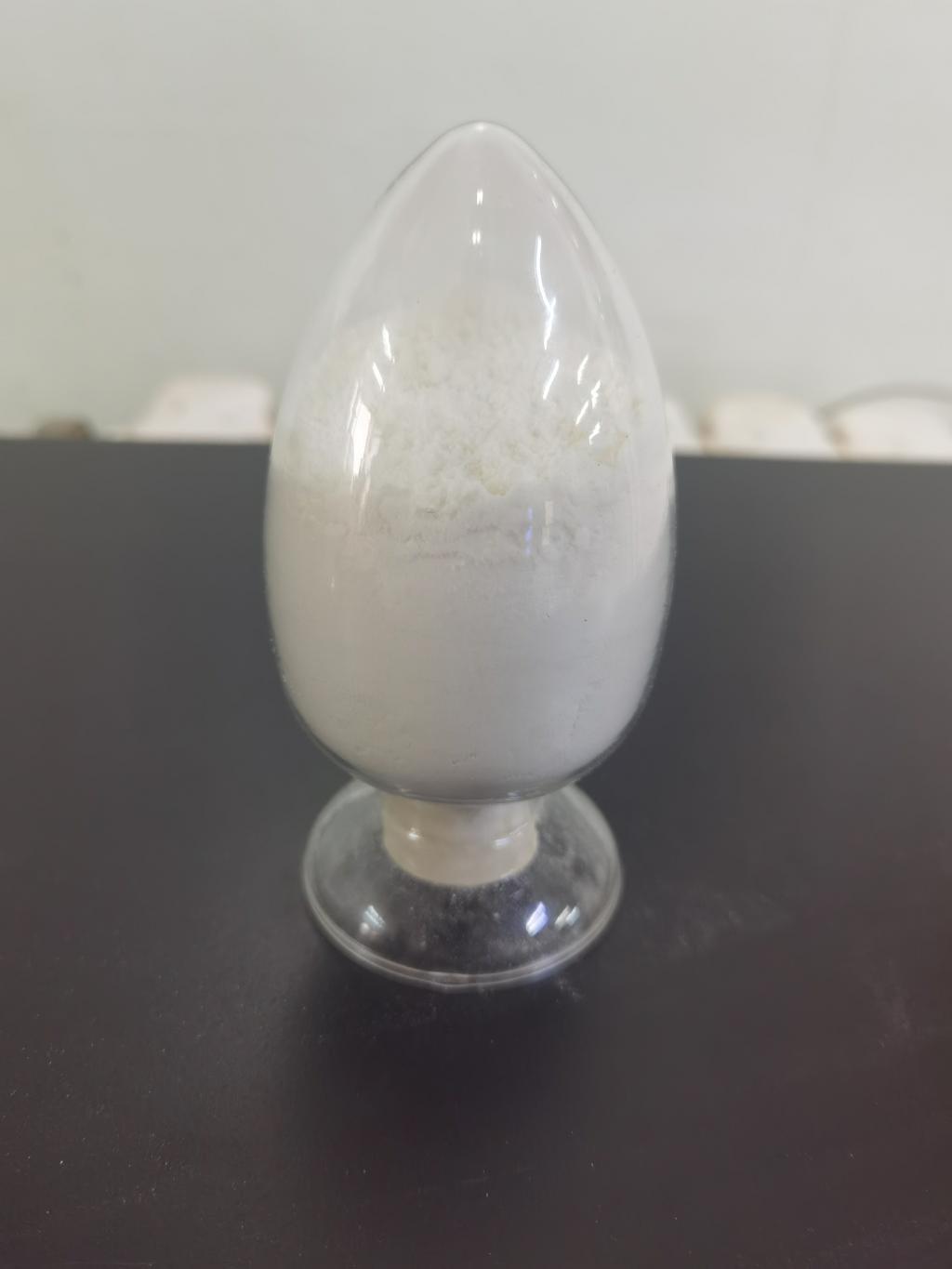Tel:+8618231198596

News
 CONTACT
CONTACT
 CONTACT
CONTACT
- Linkman:Linda Yao
- Tel: +8618231198596
- Email:linda.yao@dcpharma.cn
- Linkman:CHARLES.WANG
- Department:Overseas
- Tel: 0086 0311-85537378 0086 0311-85539701
News
Current Position:
Home >
News
>Has ε-Polylysine hydrochloride been approved for use in other industries?
Has ε-Polylysine hydrochloride been approved for use in other industries?
TIME:2023-06-25
Agricultural Applications:
1.1 Plant Disease Management:
ε-Polylysine hydrochloride has demonstrated efficacy against plant pathogens, including bacteria, fungi, and viruses. Studies have shown its potential in controlling diseases in crops such as rice, tomatoes, strawberries, and cucumbers. By incorporating ε-Polylysine hydrochloride into agricultural formulations or as a foliar spray, it has been shown to inhibit pathogen growth and reduce disease incidence, offering an environmentally friendly alternative to conventional pesticides.
1.2 Seed Treatment:
Seed-borne diseases can significantly impact crop yield. ε-Polylysine hydrochloride has shown promise as a seed treatment to control seed-borne pathogens and promote seed germination. It has been effective against fungal pathogens in various crops, including wheat, maize, and soybeans. The use of ε-Polylysine hydrochloride as a seed treatment can enhance crop establishment and improve overall plant health.
Aquaculture and Fisheries:
Aquatic environments are prone to bacterial and fungal infections that affect fish health and productivity. ε-Polylysine hydrochloride has demonstrated antimicrobial activity against fish pathogens, making it a potential candidate for use in aquaculture and fisheries. It has been investigated as an additive in fish feed or as a bath treatment to control bacterial and fungal infections, contributing to improved fish health and reduced mortality.
Water Treatment:
3.1 Drinking Water Disinfection:
Waterborne pathogens pose risks to public health. ε-Polylysine hydrochloride has been explored as an alternative disinfectant for drinking water treatment. It exhibits broad-spectrum antimicrobial activity against bacteria and viruses commonly found in water sources. Its effectiveness in reducing microbial contamination and its potential for reducing the formation of disinfection by-products make it a promising option for water treatment.
3.2 Wastewater Treatment:
Microbial contamination in wastewater can be challenging to manage. ε-Polylysine hydrochloride has shown potential as an antimicrobial agent in wastewater treatment processes. It can inhibit the growth of bacteria, including those responsible for odor production and the formation of biofilms in wastewater treatment facilities. Incorporating ε-Polylysine hydrochloride into wastewater treatment protocols may enhance microbial control and improve treatment efficiency.
Veterinary Medicine:
ε-Polylysine hydrochloride has been investigated for its antimicrobial activity in veterinary medicine. It has shown efficacy against various animal pathogens, including bacteria, fungi, and parasites. ε-Polylysine hydrochloride has been explored as a potential ingredient in animal feed additives or topical treatments to control infections and promote animal health.
Regulatory Status and Safety:
ε-Polylysine hydrochloride has been approved for use in several countries as a food additive and preservative. However, regulatory approvals for its applications in agriculture, aquaculture, water treatment, and veterinary medicine may vary across different regions. It is crucial to adhere to local regulations and guidelines when considering the use of ε-Polylysine hydrochloride in these industries. Safety evaluations, including toxicological assessments and environmental impact studies, should be conducted to ensure its safe and responsible use.
Conclusion:
ε-Polylysine hydrochloride, primarily known for its applications in food preservation, exhibits potential for diverse applications beyond the food industry. Its antimicrobial properties have shown efficacy in agricultural disease management, aquaculture, water treatment, and veterinary medicine. As research in these areas progresses, ε-Polylysine hydrochloride may offer sustainable and environmentally friendly alternatives for disease control, pathogen management, and water disinfection in various sectors.
- Tel:+8618231198596
- Whatsapp:18231198596
- Chat With Skype







